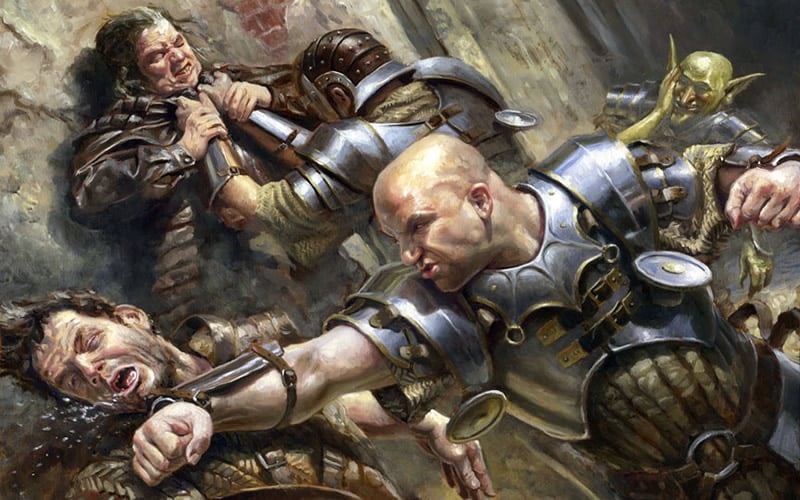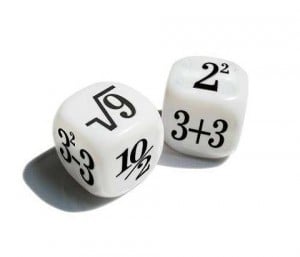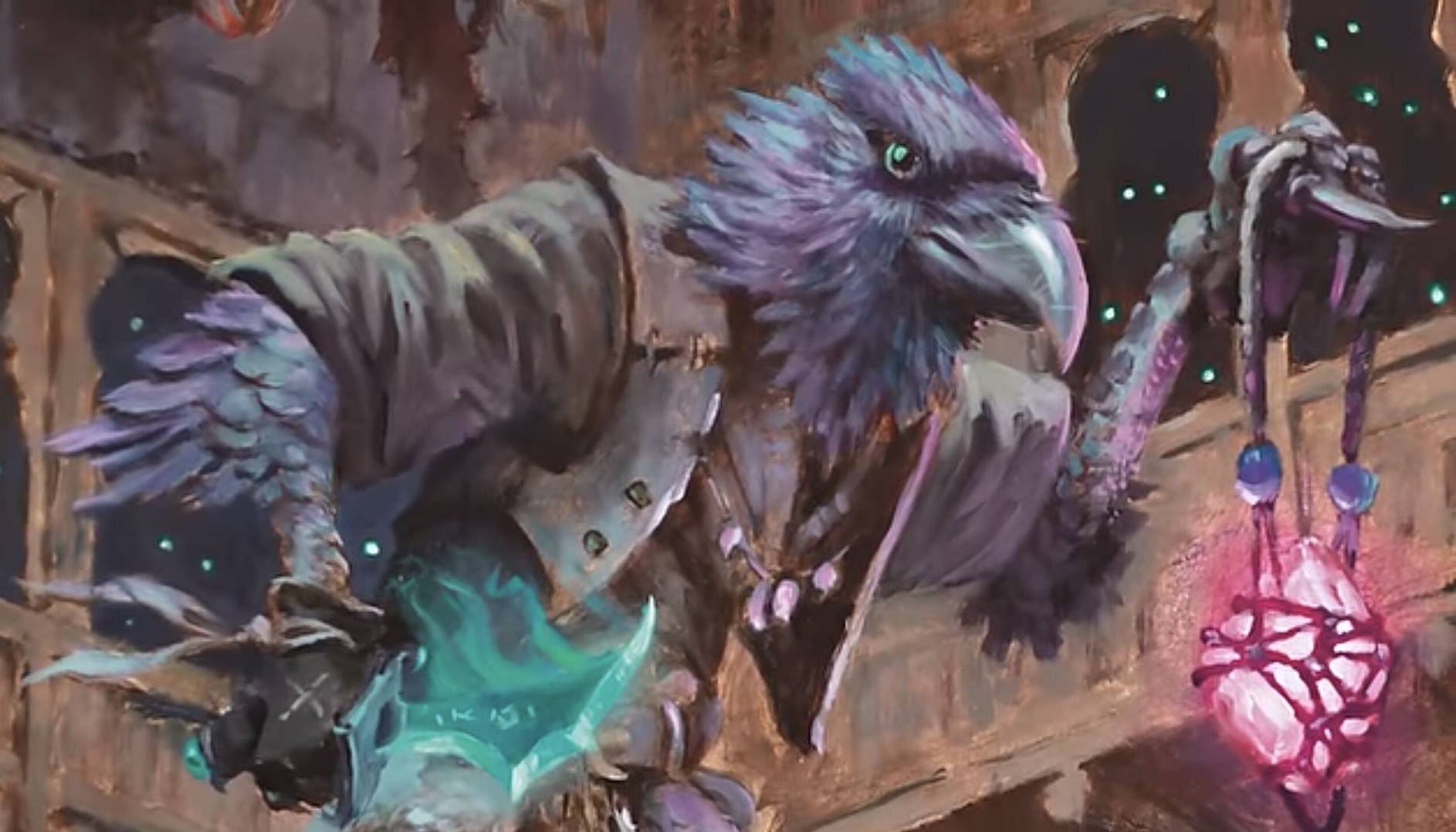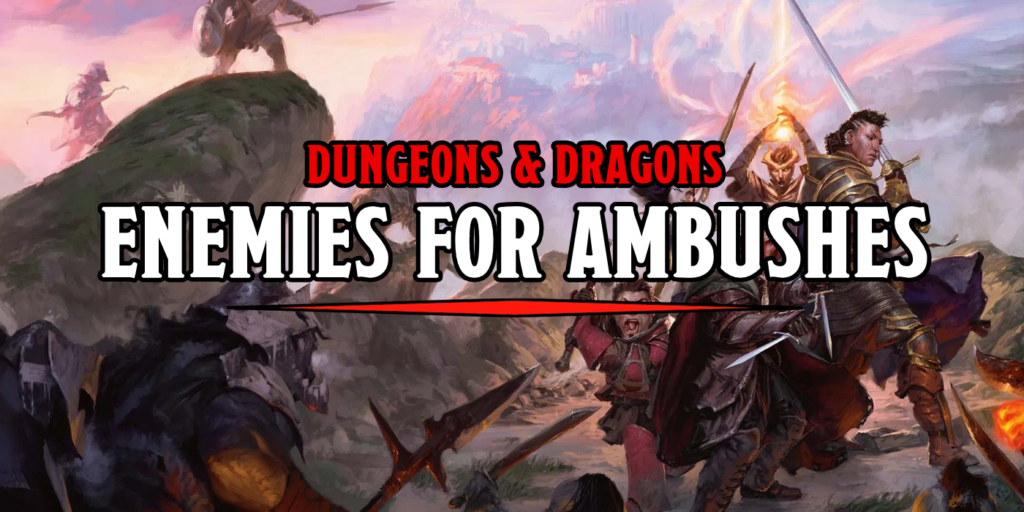D&D: So, You Want To Play With Power – Five Ways To Optimize Your Character
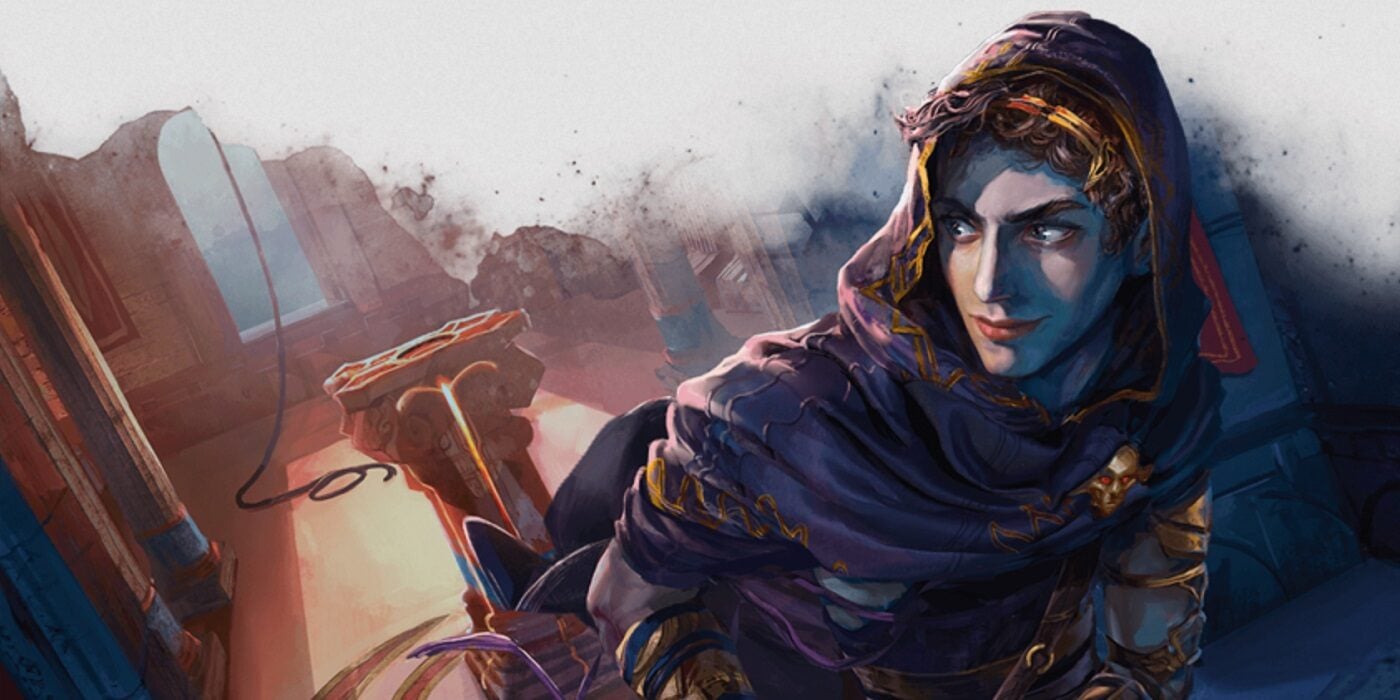
Believe it or not, there are many ways to play D&D. And min/maxing is one of them – here are five ways to optimize your character.
There are many different ways to play D&D, each as valid as the next. From the players who love digging deep into character, to players who want to just show up to hang out with other people in the same room, be it a physical or virtual one.
One of the myriad ways to play is by optimizing your character. Now, there’s some disagreement about what makes an optimized character. Some people like to get real in the weeds trying to prove which abilities are mathematically the best. Others love to look for edge case scenarios that turn a minor advantage into a big one.
Whether you think of it as power gaming, optimization, or good old fashioned min/maxing, here are a few things to consider if you want to try and optimize your experience.
Decide What You Want To Be Really Good At
This is one of the best things any character can do. But especially if you’re trying to make a powerful/optimized character – consider the game from a higher altitude. Ask yourself things like what you see your character doing in the party dynamic, or what role are you filling, what story do you want to tell? In essence, what do you want to be really good at?
Because an optimized healer looks a mite different than an optimized melee character, who in turn looks way different from an optimized spellcaster. But if you can figure out what you want to do, you already some great guidance. Now you know what to build around/towards.
Fear Not the Math
Yes, I know, it’s D&D. A game that embodies the fact that when your mind is focused on something else, numbers just slide out of your ears until you can’t even do basic math. What number was your attack bonus again? Why do they all seem so big and small at the same time.
But, if you’re optimizing, math is your friend. Typically. Because what was the point of picking up that extra feat that gives you +2 melee damage with your weapon if you’re not going to benefit from it. This is where it’s worth knowing a little about what you can do “on average.” Typically a die’s “average roll” is half the number of sides + 0.5. So A d6 will roll, on average, 3.5.
Not that D&D is a precision-tuned engine dedicated to making every class feel balanced. But, sometimes it helps to know that yeah using a Longsword and Shield isn’t that much worse than using a Greatsword—at least at first.
Know Your Abilities
One of the most underrated skills when it comes to D&D in general (but especially if you’re looking for tips on how to optimize your character) is knowing what the abilities that you have right now actually do. This is closely related to the math thing.
Because, in general, optimizing means looking for the thing that’s going to have the biggest impact. And if you don’t know what all of your abilities do, it’ll be hard to string them together. The sad thing is, there’s no perfect system for taking notes – but try a few out and see what works for you to keep a list of your tools handy. Which you’ll want because…
Situational Awareness
Believe it or not, D&D doesn’t taake place in a featureless white void where you have perfect conditions every time. And because it doesn’t, I’m afraid that means paying attention. Because one handy way t optimize your character – whatever role they’re playing—is to know where they’re needed.
It’s things like paying attention to who’s fighting which monster so you know where to focus your fire. Or knowing which party member is closest to death so you can save not just the character’s life, but the whole campaign. If you want to optimize your character, learning what to use and when is a great step to take.
Watch Out For That Optimization Trap
Finally, if you’re looking to optimize a character, one thing to be very aware of is that it’s a playstyle, not a life style. You don’t have to always pick the mechanically best option—which I mention only because humans will, given half a chance, optimize the fun out of everything.
But D&D is a game of the imagination. It’s not competitive, you don’t have to solve it for the best options. Which is why I would say don’t worry about the best or the strongest—but look for a baseline of “this is pretty good” and go from there. That way you don’t “not pick” something that you want just because another option gives you another point or two of average damage. Find the floor, rather than the ceiling, and you will find no end of characters to dream up.
Happy optimizing!

